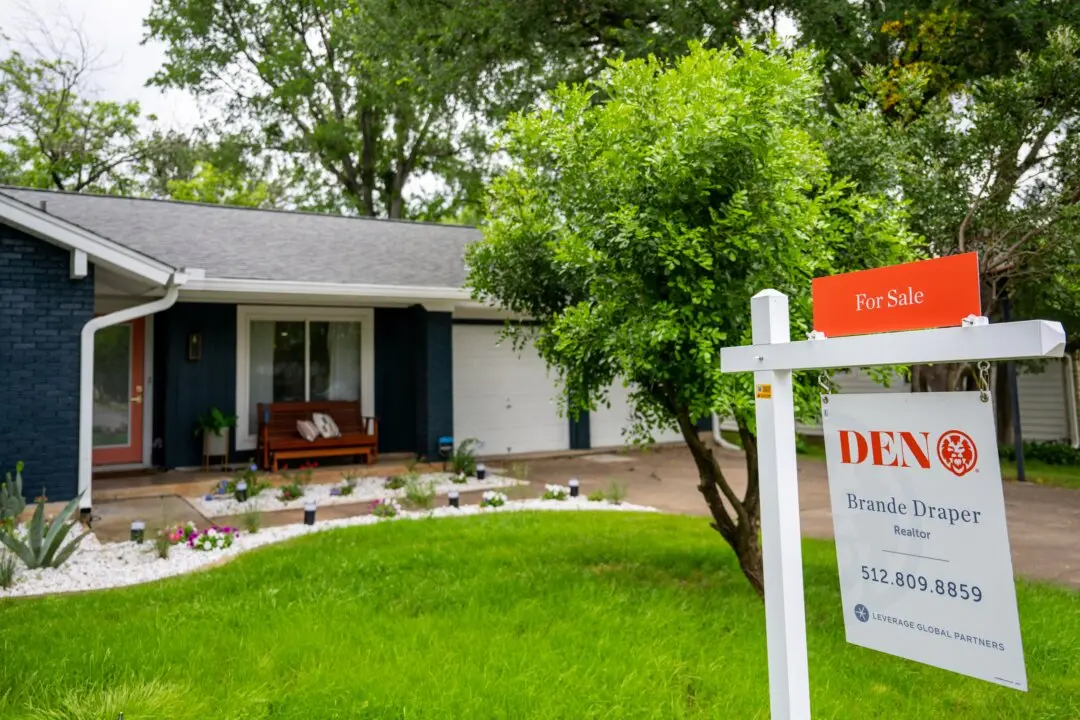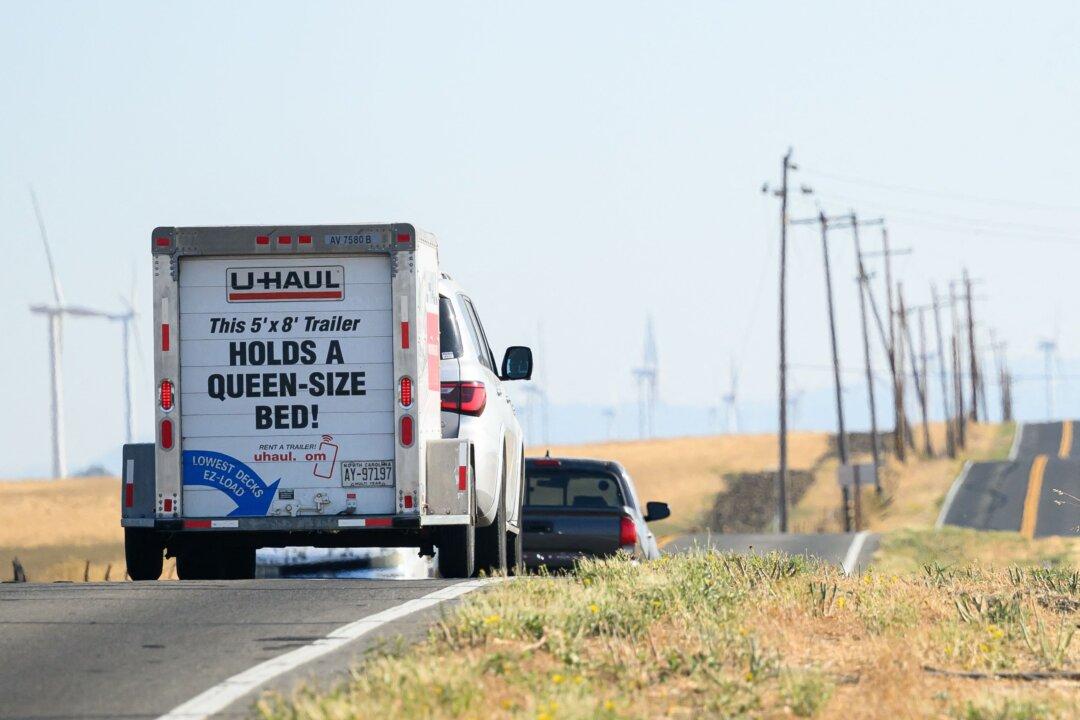When Tony Bennett first crooned “I Left My Heart in San Francisco” in 1962, no one had any idea that the popular “City by the Bay” would one day become an urban center so wrought with skyrocketing home prices, crime, and homelessness that even longtime residents are now joining an ever-growing exodus.
After living in the region for 37 years, Scott Fuller pulled up stakes and moved to Gilbert, Arizona, where he, along with his wife and two children, are now enjoying a much better quality of life. Five years ago, he founded LeavingTheBayArea.com, a unique consulting firm dedicated to helping Bay Area residents relocate to other areas within California or to surrounding states.





